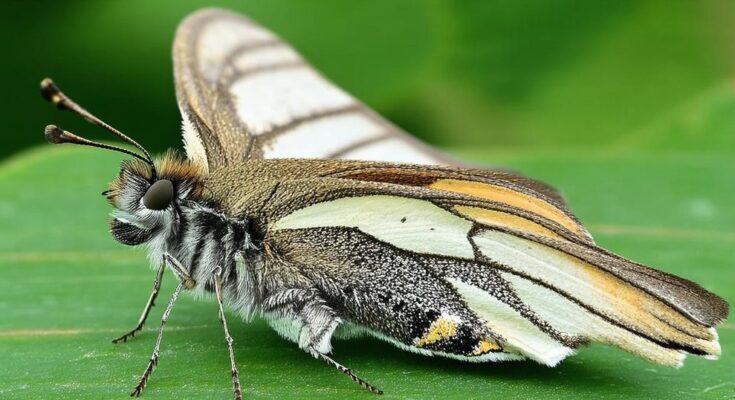Rising temperatures due to climate change are increasingly impacting butterfly populations in Greece, which hosts around 237 species. Scarce food supply, shorter flowering periods, and a potential decrease in size are among the challenges they face. A research initiative, MEIOSIS, seeks to study these effects while indicating that broader patterns of decline are occurring globally, necessitating urgent conservation efforts.
In a controlled environment at a zoo near Athens, vividly colored butterflies are seen enjoying nectar from orange slices, safe from the adverse effects of a changing climate that poses significant challenges for these insects across Greece and the globe. Greece is home to approximately 237 species of butterflies, which are increasingly finding their sustenance scarce due to rising temperatures, abbreviated flowering seasons, and potentially diminished sizes due to climate variability. This trend is not isolative to Greece; it is mirrored across various regions, including Mexico and Britain, where populations of certain butterfly species have declined markedly. Konstantinos Anagnostellis, an agronomist involved in the MEIOSIS research project at the University of Ioannina, underscores the severity of the situation, stating, “Climate change is impacting butterflies … that rely on temperature to perform essential activities such as mating, reproduction, growth, and feeding.” The research initiative focuses on tracking the body weight of over 50,000 butterfly specimens over the last century to assess how these variables affect their size. Furthermore, the increase in temperatures compels butterflies to seek cooler locations, which often correlates with decreased food availability. The escalation of wildfires exacerbates these issues by destroying vital grasslands, subsequently limiting food sources. As articulated by Anagnostellis, “If these plants are burned, there is a risk of direct mortality for the larvae, and we may not have adult butterflies to reproduce, forcing them to migrate to other areas.”
The increasing ramifications of climate change present a critical challenge to biodiversity, particularly among delicate species such as butterflies. In Greece, the geographical and climatic dynamics are resulting in a hostile environment for approximately 237 butterfly species. Climate change-induced alterations, such as elevated temperatures and fluctuating seasonal patterns, threaten the ecological balance, affecting the lifecycle and reproductive patterns vital to butterfly survival. The MEIOSIS project represents a scientific effort to quantify these trends and their implications for butterfly populations over time, providing a clearer picture of the specific stressors they face due to changing environmental conditions.
The plight of Greece’s butterflies epitomizes a broader environmental crisis driven by climate change, marked by a concerning decline in butterfly populations due to scarce food sources and habitat loss. The MEIOSIS project’s insights into butterfly size dynamics reveal crucial data that underscores the urgency of addressing climate change to protect vulnerable species. Without intervention and a concerted effort toward climate crisis mitigation, the future of these essential pollinators remains at risk, threatening not just their existence, but also the broader ecological frameworks they support.
Original Source: kfgo.com




